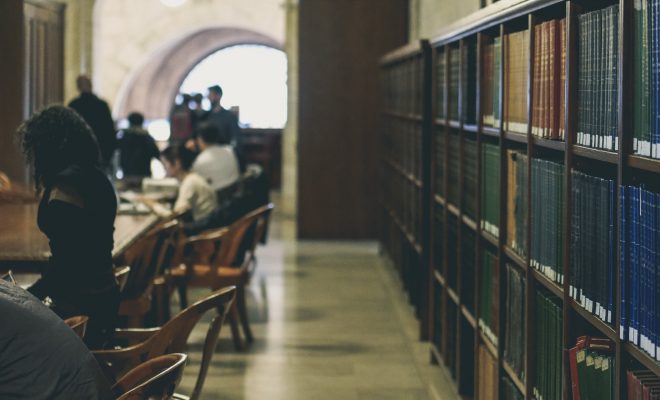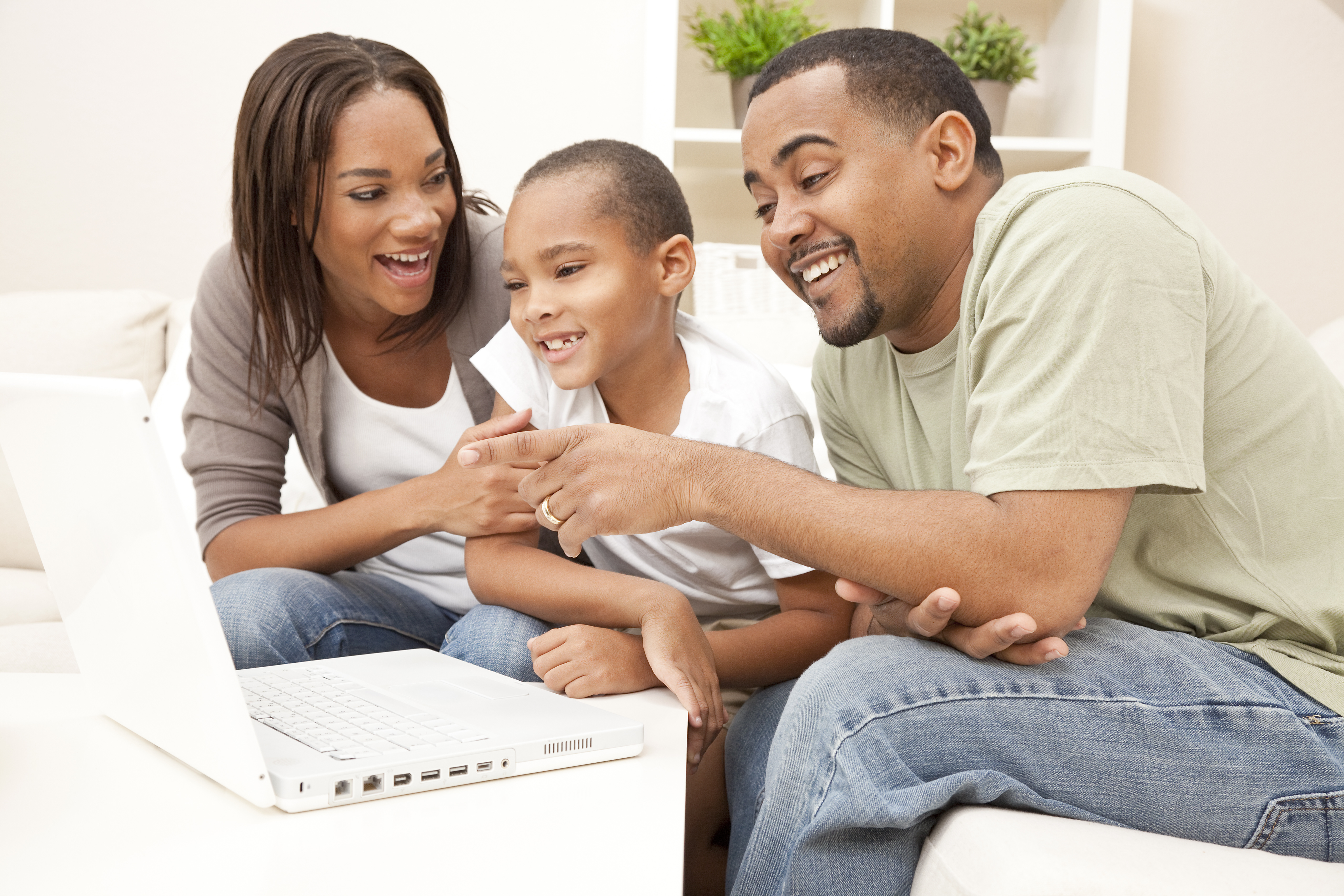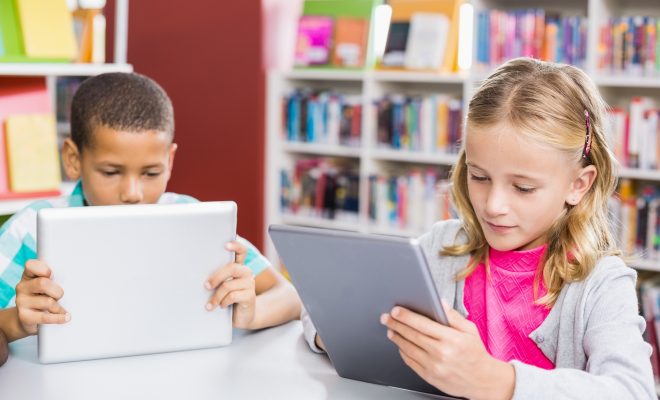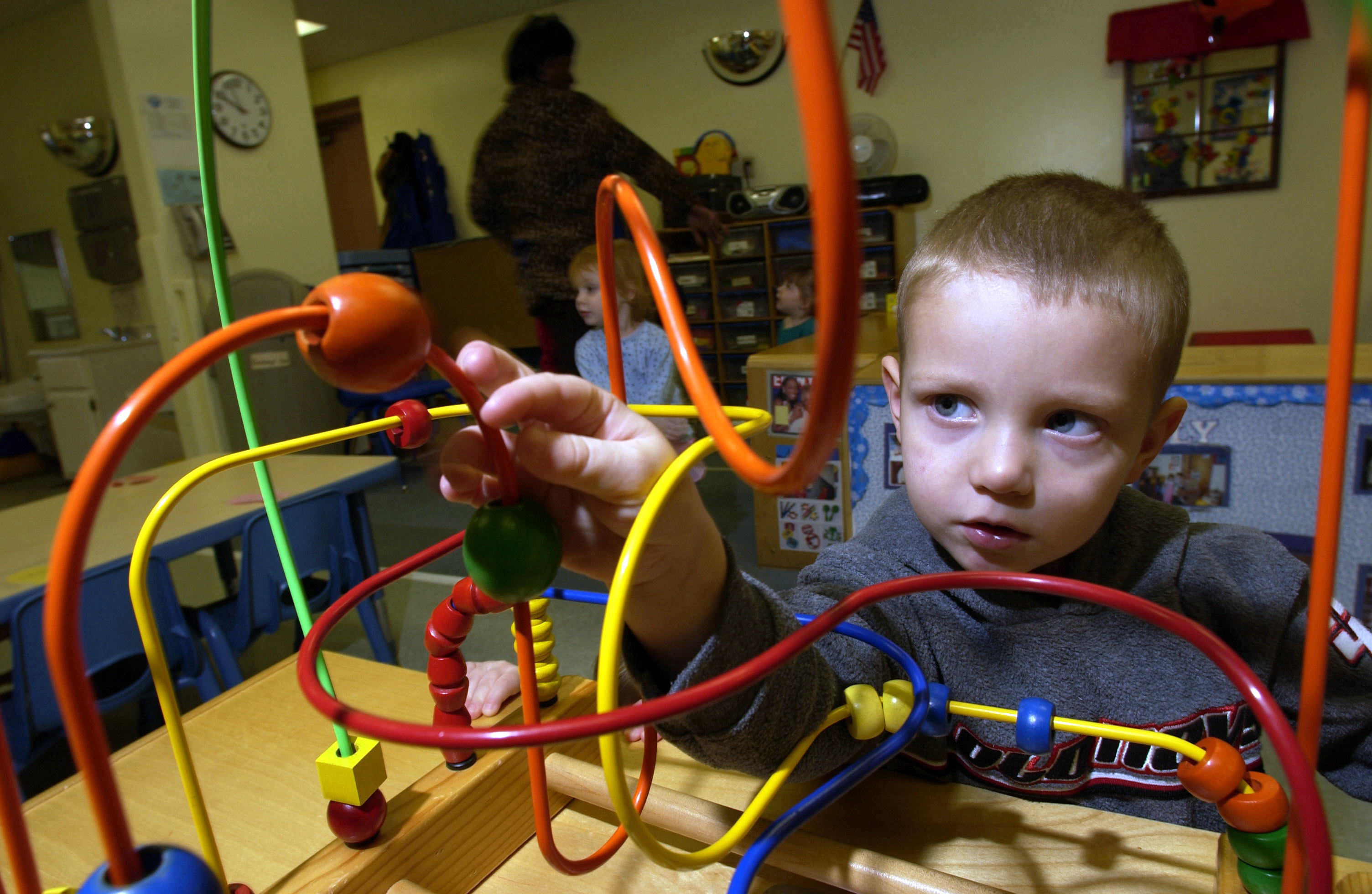How to Teach Your Children to Obtain Real Knowledge

Our children will never know the pain of having to hoof it to the library to use a giant set of encyclopedias for a school project or research paper. Everything they need to look up is possible, literally at their fingertips. Access to answers so quickly has made so many things easier in life, for parents and kids, but it comes at a cost. It can be difficult to determine what is accurate, what is opinion, and what is plain false when it comes to available information. And if adults have trouble deciphering it all, imagine the difficulty level for children.
The mismatch of knowledge became apparent during the recent Presidential election. President-elect Donald Trump pointed fingers at the media, calling it biased and untruthful. Democratic nominee Hillary Clinton scolded conservative media outlets that claimed to be middle-of-the-road – saying they are anything but moderate. Facebook saw a slew of fake news stories and sites pop up, some of which received more traffic and engagement than established media sites like The Washington Post and The New York Times. Following the election results, fake news writer Paul Horner admitted that he thought it was probably his fault that Donald Trump was elected.
False information not only exists – but people consume it and accept it as truth.
Given this context, how can we as parents raise children who are thinkers and able to determine what is truth, and what is a smoke screen? As you look in on your children’s learning, here are a few skills you really should be teaching them from a young age.
How to use real books
It’s true that digital information is abundant, but it’s important that our kids learn how to open, decipher, and absorb the content of real books. The books on library shelves are important, not just as historical relics, but as an active part of the current reading climate. This appreciation for books should start when your children are still small enough to look through picture ones while they sit on your lap. A child who has respect for physical books will be more likely to seek them out when it’s time to learn something new.
How to go beyond one click
If nothing else, kids should know this one thing about research and the internet: one source is never enough! To find the real truth takes many, many sources and plenty of reading, and re-reading. As your kids research topics, they may find opposing views and this is a good thing. It gives them a chance to see several sides of an issue and if it isn’t fact based, they can form their own opinion based on what they’ve read. Real, factual information will have more than one source stating it.
How to sort out what they read online
Not everything found on the internet is created equal. The fake news explosion is proof of this. People can and will post whatever they want – and our kids need to be aware of that fact. There are things to look for on sites to tell if they are trustworthy. Head to a few government sites and big-name news outlets and show your kids around. Then head to an opinion-based blog and point out the differences. You should also find a large site that offers sponsored content and show them how to spot it. While there is some truth in advertising, there is also a lot of bias.
How to have an online (moral) compass
It’s easier than ever to cheat, and that’s just a difficult truth. When kids are doing math homework, they can use phone calculators and online algorithms to find their answers. They can look up notes and summaries on the books they are reading and skip over the actual reading portion. They can send answers to friends via text and email. Just because they CAN do these things doesn’t mean that they should. That may seem obvious to us as parents but the ethical code of today’s generation isn’t always straightforward. Finding an answer online may not even seem like cheating to some kids who have been taught to “Google” everything. Parents have to state the obvious though. Finding answers in a way that is not sanctioned by a teacher or parent is cheating. Sharing information with friends instead of allowing those friends to find it themselves is also cheating.
How to stay safe
There are so many tools at parents’ disposal for keeping kids safe online but we can’t just set up privacy controls and call it a day. Part of teaching our kids how to obtain real knowledge is teaching them how to protect themselves when we aren’t around. Kids need freedom to flex their online muscles, without parents always looking over their shoulders, but that means we have to talk with them about the potential dangers of cyberspace. Kids need to feel comfortable telling their parents about anything they see online that makes them uncomfortable. If you’ve already told them what some of those things may be, then they won’t feel as awkward telling you. What does this have to do with vetting information online? When our kids can spot things that are “off” in digital spaces, they are demonstrating the skill of awareness to what they are reading and absorbing.
If we want to continue our nation’s path toward legitimate learning and growth, we have to help our kids obtain real knowledge in a misinformation saturated world. That takes work on the part of parents, but it’s good work because it will pay off in a more aware and informed next generation. Our kids will have to work harder than we ever did to obtain knowledge, even though it would seem at first that they have it easier. The overabundance of information available to them means they have a bigger responsibility to find, and defend, the truth. As parents, we can help them learn how to seek out knowledge for themselves – and get them on board with vetting information, instead of simply consuming it.





